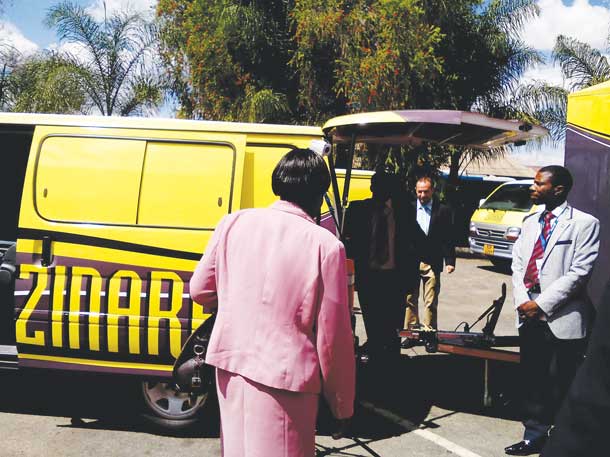by Mirinda Mazino
The generation and circulation of fake news on social media is on the increase with detractors working tirelessly to discredit Government’s efforts while causing alarm and despondency among the general populace, Harare Post has learnt.
The Zimbabwe National Road Administration (ZINARA) released a press statement today, dispelling social media reports to the effect that the statutory body reviewed the vehicle license fees upwards.
“The Zimbabwe National Road Administration (ZINARA) wishes to advise the public to disregard a fake vehicle license fee increase notice being circulated on some sections of social media. ZINARA is a statutory body that falls under the Ministry of Transport and Infrastructural Development.
“Therefore any review of vehicle license tariffs is done by the parent Ministry and is gazetted. The public is therefore being urged not to panic as the fake information is meant to cause alarm and despondency.” Said the statement.
In another fake news related incident, the Zimbabwe Revenue Authority (ZIMRA) also issued a press release, disregarding media reports to the effect that the body is fuelling corruption with its top brass awarding itself remuneration in foreign currency.
“ZIMRA is not paying any of its employees (executives included) salaries and/or allowances denominated in United States Dollars or any other foreign currency as alleged at all.
“The current compensation and remuneration for all ZIMRA staff is all in Zimbabwean dollars. The Article is not only untrue but also malicious and is circulated to harm and damage the integrity and esteem of ZIMRA, its board, Executives and general staff.” Stressed the statement.
In its efforts to combat the threat posed by fake news, Government has proposed the introduction of the Cyber Crime and Cyber Security Bill (Cyber Bill), which combines other legislation such as the Electronic Transactions and Electronic Commerce Bill, Data Protection Bill and the Computer Crime and Cybercrime Bill which aims to make sure that the “internet and related technologies are used for the good of society, not to violate national security.”
Very soon, production of fake news will be with serious consequences as the passing of the Cyber Crime and Cyber Security Bill would make it a punishable offence, attracting hefty penalty fees or even custodial sentence.
In other countries, a 23-year-old Kenyan man was arrested and charged with publishing false information with the intent to cause panic, after allegedly spreading disinformation about the corona virus.
Contravention of Kenya’s cyber laws could result in a fine of R830,000, a 10-year jail sentence, or both, Harare post can confirm.
Three southern Indian states, Karnataka, Kerala, and Tamil Nadu have also cautioned people against spreading fake news on the deadly coronavirus and have warned of strict action against the peddlers of such news on social media. The Kerala Police have since arrested three persons for spreading fake news about the virus on social media.




